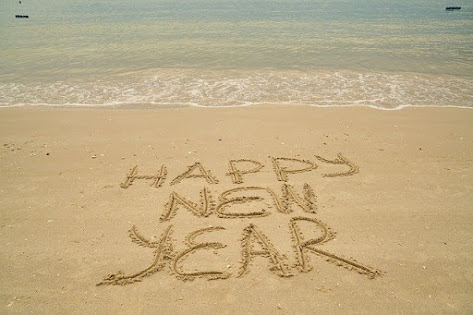“We turn not older with years, but newer every day.”
Emily Dickinson, the middle child of Edward and Emily Norcross Dickinson, was born on December 10, 1830, in the family home on Main Street in Amherst, Massachusetts.
Wild nights – Wild nights!
Were I with thee
Wild nights should be
Our luxury!
She celebrated 55 birthdays before her death in 1886. After her death, her family members found her hand-sewn books, or “fascicles.” These fascicles contained nearly 1,800 poems.
I heard a Fly buzz - when I died -
The Stillness in the Room
Was like the Stillness in the Air -
Between the Heaves of Storm -
The Eyes around - had wrung them dry -
And Breaths were gathering firm
For that last Onset - when the King
Be witnessed - in the Room -
I willed my Keepsakes - Signed away
What portion of me be
Assignable - and then it was
There interposed a Fly -
With Blue - uncertain - stumbling Buzz -
Between the light - and me -
And then the Windows failed - and then
I could not see to see -
While Dickinson was extremely prolific as a poet and regularly enclosed poems in letters to friends, she was not publicly recognized during her lifetime. The first volume of her work was published posthumously in 1890.
I'm Nobody! Who are you?
Are you – Nobody – too?
Then there's a pair of us!
Don't tell! they'd advertise – you know!
How dreary – to be – Somebody!
How public – like a Frog –
To tell one's name – the livelong June –
To an admiring Bog!
She admired the poetry of Robert and Elizabeth Barrett Browning and John Keats. She was dissuaded from reading the verse of her contemporary, Walt Whitman, because she was told that his poetry was disgraceful.
Because I could not stop for Death –
He kindly stopped for me –
The Carriage held but just Ourselves –
And Immortality.
We slowly drove – He knew no haste
And I had put away
My labor and my leisure too,
For His Civility –
We passed the School, where Children strove
At Recess – in the Ring –
We passed the Fields of Gazing Grain –
We passed the Setting Sun –
Or rather – He passed us –
The Dews drew quivering and chill –
For only Gossamer, my Gown –
My Tippet – only Tulle –
We paused before a House that seemed
A Swelling of the Ground –
The Roof was scarcely visible –
The Cornice – in the Ground –
Since then – 'tis Centuries – and yet
Feels shorter than the Day
I first surmised the Horses' Heads
Were toward Eternity –
Emily lost several close friends and several family members, including her mother in the 1880s which seemed to have a negative effect on her health. She also reported severe headaches and nausea in her letters. Her deathbed coma was punctuated by raspy and difficult breathing. This has led researchers to conclude that she died of heart failure induced by severe hypertension.





